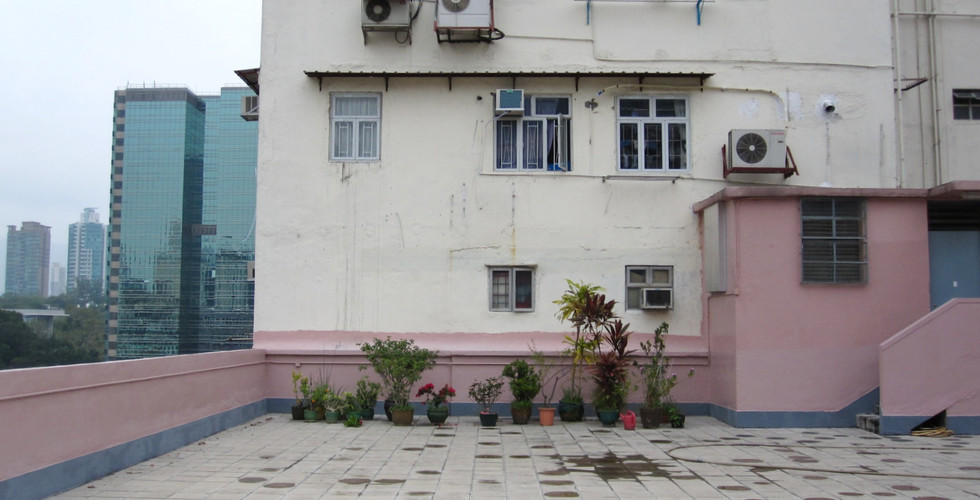Book Review: Wild Colonial Boy
- Jason Tsang

- Nov 15, 2020
- 3 min read
Updated: May 21, 2021

Wild Colonial Boy is the latest book by Dan Docherty, teacher, author and an influential figure in the European Tai Chi Chuan community. Dan's latest book is a departure from the usual subject of Tai Chi Chuan and has written an autobiographical novel. Unless you're a student of Dan's, few know about his background and his career in the Royal Hong Kong Police. Some of this has been briefly mentioned in previous books and magazine articles.
The book starts off with Dan's account of his childhood growing up in Glasgow. We then follow beginnings of a long journey in martial arts, starting with Karate. After university, we follow Dan's time in the Royal Hong Kong Police, where we learn of his colourful experiences as a police inspector and training under his master the late Cheng Ting Hung. The comradery, conflicts, the arrests and the objectives met are also mentioned. After almost a decade in Hong Kong, Dan then left the Royal Hong Kong Police and returned to Britain.
I have found Wild Colonial Boy to be a very interesting, entertaining and easy to read. It is satisfactory on a number of levels. If you're a fan of old Hong Kong and what life was like back then or cop stories, then this book is for you. I could relate to Wild Colonial Boy on many levels. Back in the late 70's I lived along Canton Road with my grandparents, which was only a few blocks from Argyle Street, where Dan once trained. Those days I remember well. Life back then was quite colourful, people worked harder and Hong Kong was a different place to how it is now. We Hongkongers often speak of the collective memory regarding old Hong Kong, but it is nice to read a Westerner's perspective. From Dan's account of his training, one can see that it was not easy. The countless hours invested and balancing that with the duties of being a police inspector. I rather enjoyed the accounts on police work and life in the Royal Hong Kong Police. The scenes were described vividly and whilst reading those chapters, they reminded me of scenes from numerous films I've seen. If you're familiar with the Hong Kong cop and gangster genres, then you'll understand what I mean. Wild Colonial Boy is about eating bitter and embracing the lessons that life throws at you, without which one could never succeed. Thank you Dan.

Hong Kong has changed a lot over the past 30 to 40 years. The rooftop dojo, where generations of Tai Chi fighters once trained is no longer used. Decades of use has caused structural damage. Rooftop dojos were once very common, but due to redevelopment or high rent, schools have move elsewhere. Some are now based in old factory buildings. Martial arts isn't as popular as it used to be, but the traditions still live on. Wanchai is still a popular spot for expats, but the area has seen better days and the US Navy no longer anchors in Hong Kong waters. Tai Kok Tsui no longer has a harbour (due land reclamation linking this neighbourhood to the rest of West Kowloon area), but the Mong Kok and surrounding areas are still as colourful as they always were. The police stations mentioned in Yau Ma Tei and Sham Shui Po are still there and they are now listed buildings. I've personally never been to the infamous Kowloon Walled City, which was demolished in 1994. In its place is a nice park which is great location for Tai Chi. The Chungking Mansion hasn't really changed, some things in Hong Kong never do.
Thank you for reading my book review.




































































Комментарии